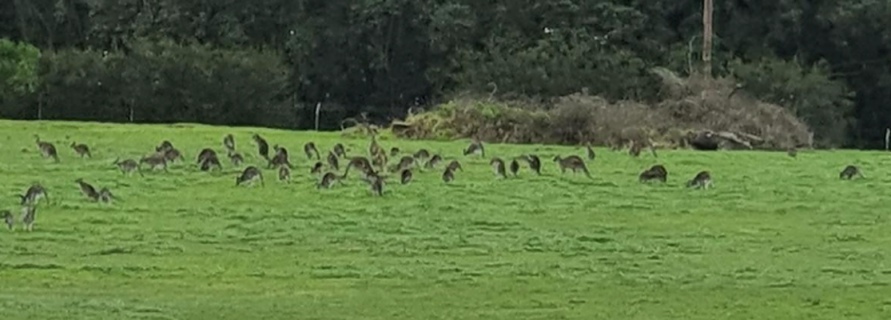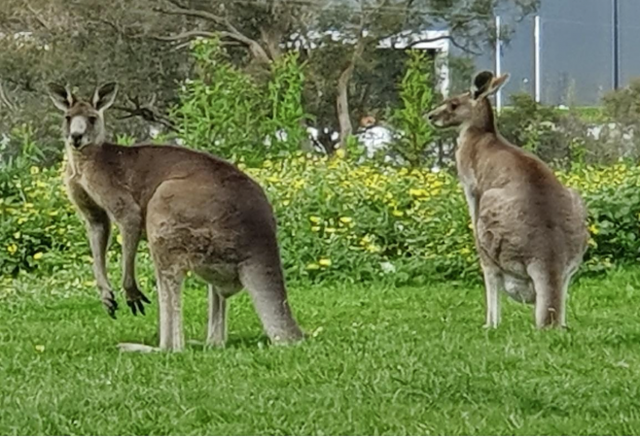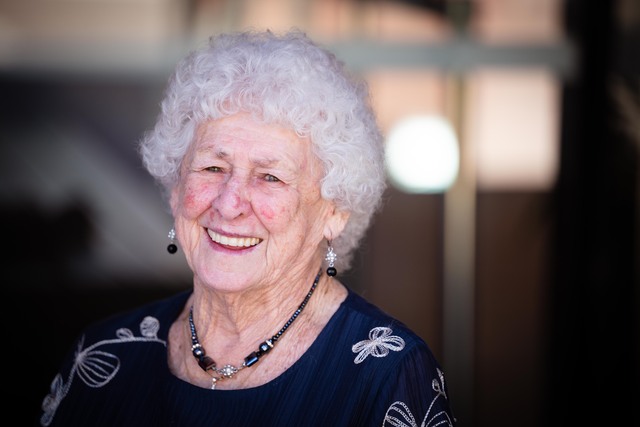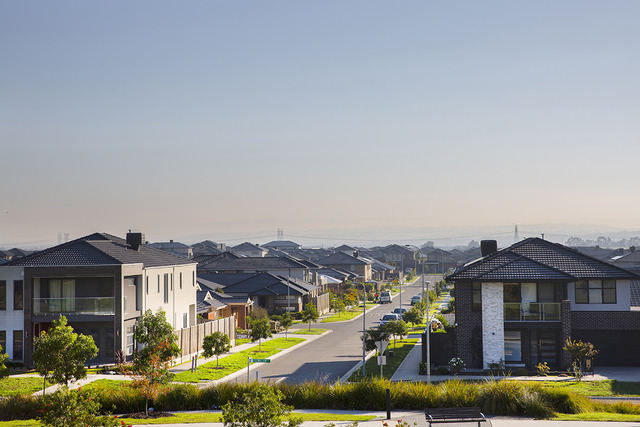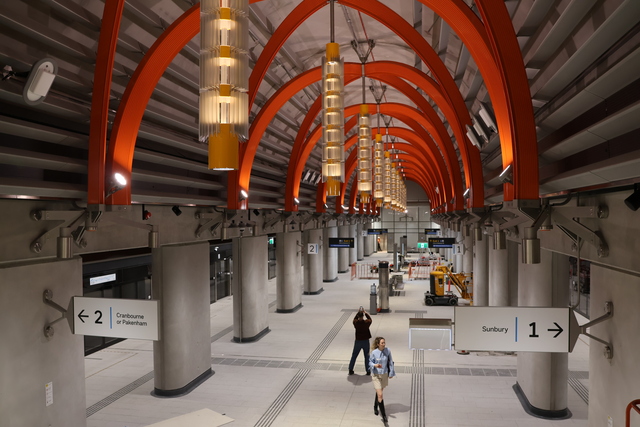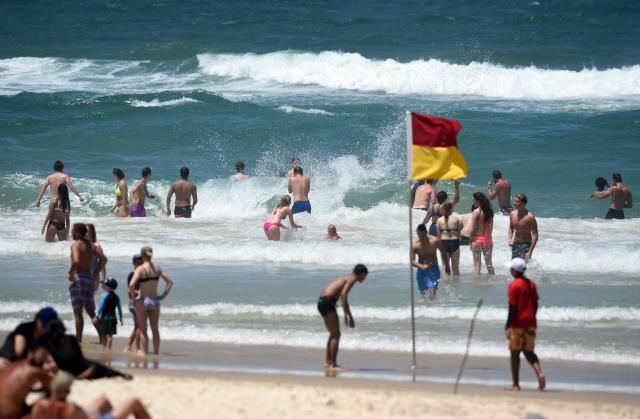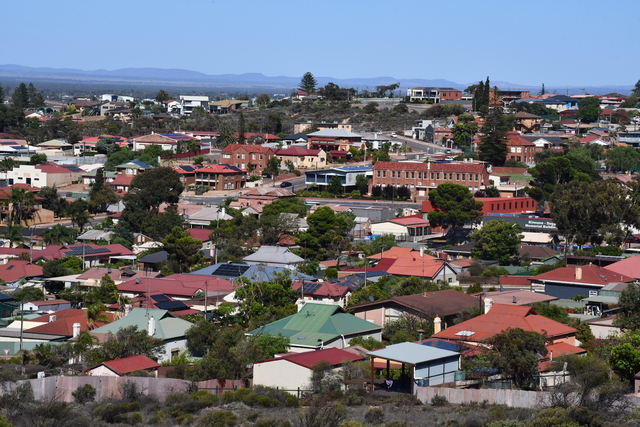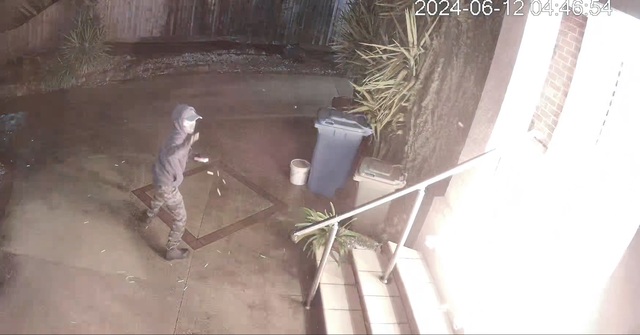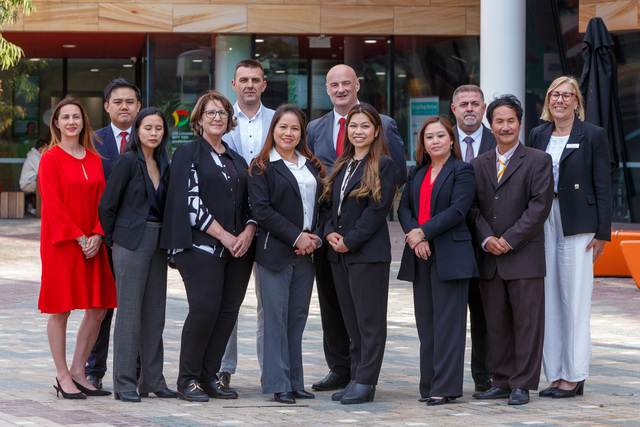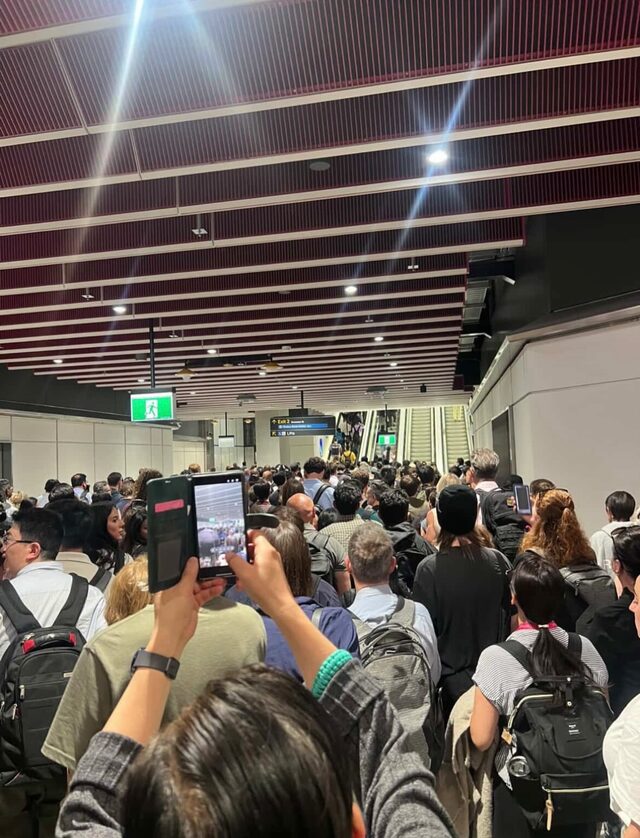Environmental advocates have shared concerns for the safety of wildlife in the Casey Foothills in response to recent development proposals in the area.
On 4 October Victorian Civil and Administrative Tribunal (VCAT) member Michael Nelthorpe affirmed Casey Council’s rejection of plans for a Catholic school accommodating 239 students and 22 staff on Horswood Road in Narre Warren North.
But Green Wedges Coalition members Kate Rousseaux and Karen Cavanagh fear there is a chance the school, Lysterfield Lake College, may reapply with a smaller development plan, calling it “a death knell” for local kangaroo populations.
“Lysterfield Lake Park is one of the best places to be guaranteed to see wild kangaroos at any time of the day close to Melbourne,” Ms Rousseaux said.
“The conundrum of locating a school next to the national park is that wildlife knows no boundaries, and kangaroos inherently follow their wildlife corridors.
“A school next to the park would have been the death knell for the kangaroo mobs. Kangaroos would have needed to be removed from the site and vicinity for the safety of the children.”
The area is currently home to nine endangered species as well as mobs of the Eastern Grey Kangaroo, which are a “valued tourist draw card” for Lysterfield Lake Park and nearby Montague’s Apple Orchard and its restaurant and customer engagement facilities.
The Green Wedges Coalition said it was concerned Lysterfield Lake College may reapply to the site for a smaller capacity, after the planning witness for the City of Casey attested the site would be suitable for a school of up to 161 students.
Mr Nelthorpe said the development would be suitable if the site was larger.
“The plans left no room for a wildlife corridor. Kangaroos would be forced around the site sending them onto the roads,“ Ms Cavanagh said.
She said current green wedge planning policies are failing to properly protect Melbourne’s green wedges.
“State and local planning policies are weak and lacking prescriptive protections for Green Wedge zones, which potentially puts the park, wildlife and the environment at a huge risk,” Ms Cavanagh said.
“Before the 2018 election, the Andrews Government promised to permanently protect Melbourne’s Green Wedges and agricultural land with stronger planning controls.
“They spent two and a half years consulting and the ‘Planning for Melbourne’s Green Wedges and Agricultural Lands’ report and action plan, May 2020, has been sitting on the planning minister’s desk for over a year and remains unsigned and reforms unimplemented.”
In a statement, a Victorian Government spokesperson said it is still considering reform options associated with the Protecting Melbourne’s Green Wedges and Agricultural Land consultation paper, following community engagement in 2020-21.
“Green wedges and agriculture land are crucial to our growth and prosperity, and we are working to deliver permanent protections for Melbourne’s green wedges and agricultural land,” the government spokesperson said.
“We will deliver in full on our election commitment to strengthen protections of the Green Wedges.
“Thirty per cent of our Green Wedge areas are public land, set aside for conservation, water and recreation.”
Ms Cavanagh added the lack of consideration for wildlife in the VCAT hearing was also of concern for the coalition.
“The VCAT decision makes no mention of wildlife, yet the proposal site is next to Lysterfield Lake Park, and the site is a well-known kangaroo wildlife corridor.”
Lysterfield Lake College is yet to intimate its intentions following the proposal rejection.
In a statement from 5 October, the college said it was currently considering the decision and would investigate alternate options moving forward.

